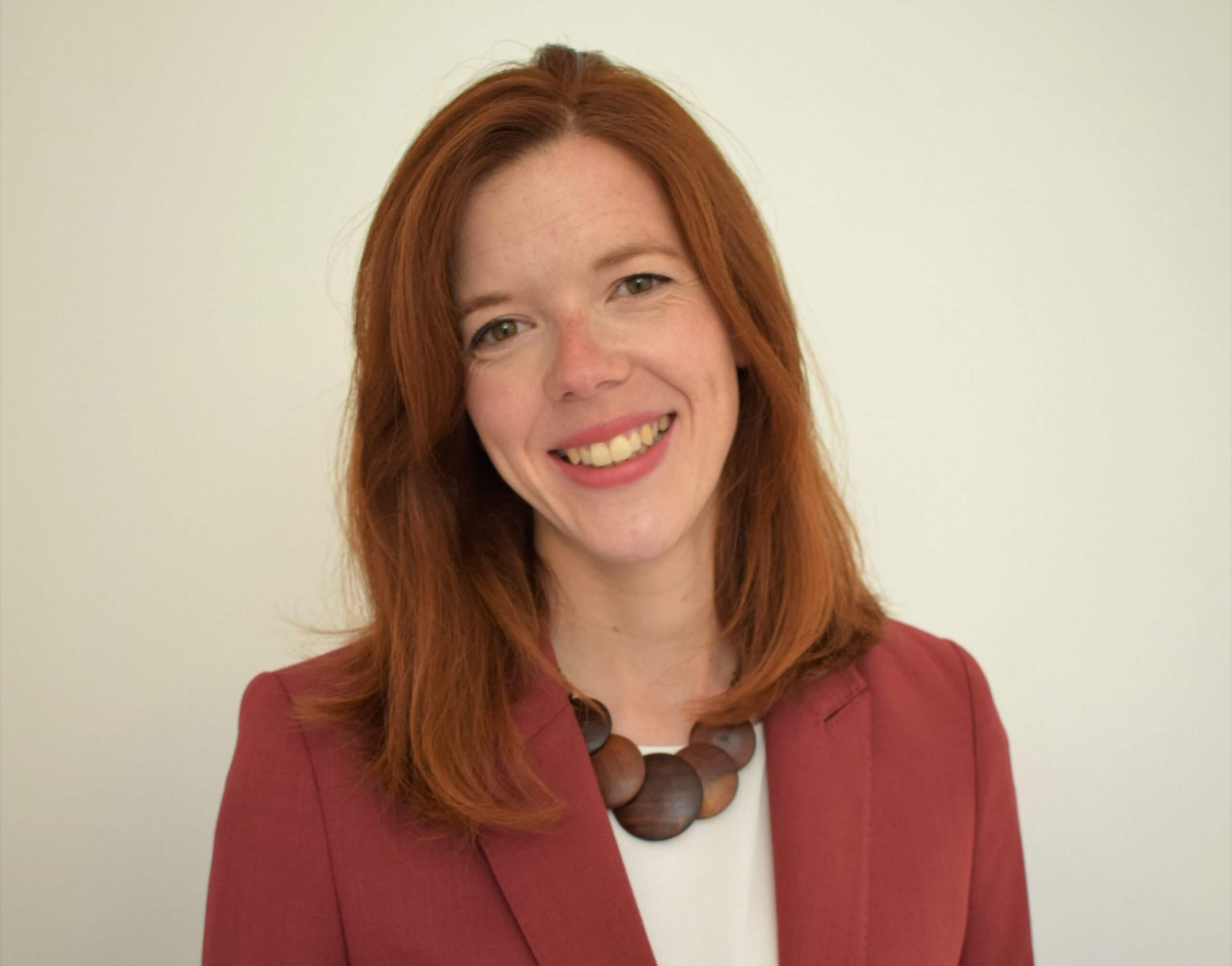
Helen Undy, Chief Executive, Money and Mental Health
1 October: The day we really will ‘stop the charge’ (in England…)
26 September 2019
1 October will be a momentous day, and yet one that will probably slip by without much fuss at all. From that day, no one in England should be charged by their doctor for mental health evidence that they need to supply to their creditor – a fantastic result from our ‘Stop the Charge’ campaign.
A good campaign usually starts with a bang, and ends with barely any fuss at all. There is a big celebration when we ‘win’, but after the win comes months of meetings, plans and hard work to implement the change we’ve been campaigning for. And it’s only when that change is actually improving real people’s lives that we can really celebrate a job well done.
So as we inch closer to the conclusion of our work ending charging for mental health evidence for creditors, I wanted to give an update on where we are now, what’s changed, and what’s yet to come.
The campaign
One in four people with a mental health problem is also in problem debt, which can make mental health recovery take longer. Many banks recognise this and are willing to offer extra financial support, freezing interest payments or even writing off some debts when people are struggling. But to access this help customers are often asked to provide evidence of their mental health problem, usually a form signed by a doctor. The Debt and Mental Health Evidence Form was created for this purpose over a decade ago by the Money Advice Liaison Group.
In October 2016 we launched our ‘Stop the Charge’ campaign after finding that one in three people who asked their doctor for this form were being charged for it, leaving many either in greater financial difficulty, or going without this help as they couldn’t pay their GP. And in January 2017, we celebrated: the then Prime Minister, Theresa May, responded to our campaign by committing that she would review the form with the aim of ending charging.
It was a big success, but far from the end of the road. What followed was another two years of meetings and negotiations between bodies representing creditors, health professionals and people with personal experience of mental health problems on how to make it work – the much less glamorous side of campaigning.
An end to charges - how the new process will work
At the end of many hours of debate, the group reached a consensus on what a new approach to mental health evidence – free of charges – should look like:
- As a starting point, creditors and debt collection agencies should trust customers’ own account of their mental health problems, asking for evidence only when really necessary. Many firms have got a lot better at having conversations with customers about their mental health, and can gather all the information they need in this way.
- When evidence is really needed, firms should first consider what the customer might already have. Would a prescription, appointment letter or a benefits letter confirm the person’s diagnosis if that’s all that’s needed?
- If the person has none of these forms of evidence, then a new, shortened Debt and Mental Health Evidence Form comes into action. Mindful of the many demands on health professionals’ time, it is now short and easy to complete. Following our campaign, the British Medical Association agreed to stop GPs charging for it altogether, adding words to that effect into the new GP contract that comes into force on 1 October.
Ultimately, from next week, no one in England should be charged by a health professional to provide evidence of their mental health problem to a creditor. And we hope that fewer people will need to provide evidence at all, lifting a burden for both people with mental health problems and the health professionals who were filling out the forms.
But still, the work continues...
It’s enormous progress, but we’re not quite there yet. This new process only applies in England, and we want to stop the charge right across the UK. We’ll be stepping up our work with the devolved nations over the coming months to ensure that we can get the same approach adopted everywhere.
So the campaign looks set to rumble on yet, but in the meantime I have learnt that it’s important to celebrate those incremental victories. On 1st October we’ll be raising a toast to an end to charges in England, and to everyone who helped to get the campaign this far. Thank you to everyone who shared their own experiences of debt and mental health as part of this campaign, to all the organisations who backed it, to the members of the working group who persevered through months of meetings, and particularly to our friends at the Money Advice Trust who have supported at every step of the way. Here’s to what’s next…
